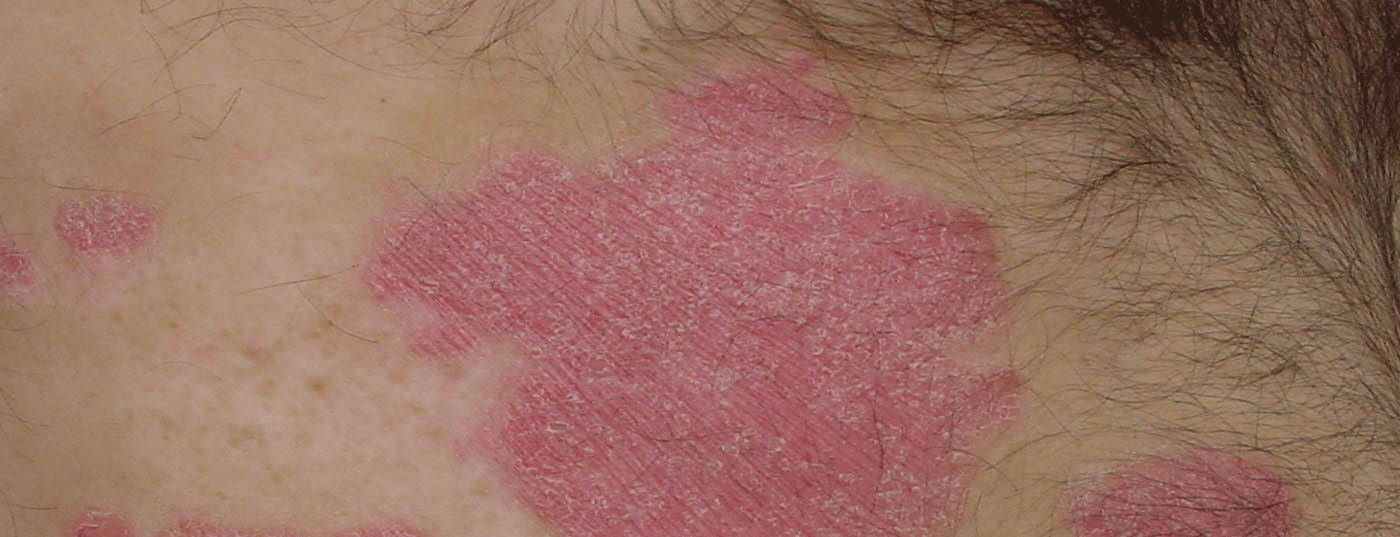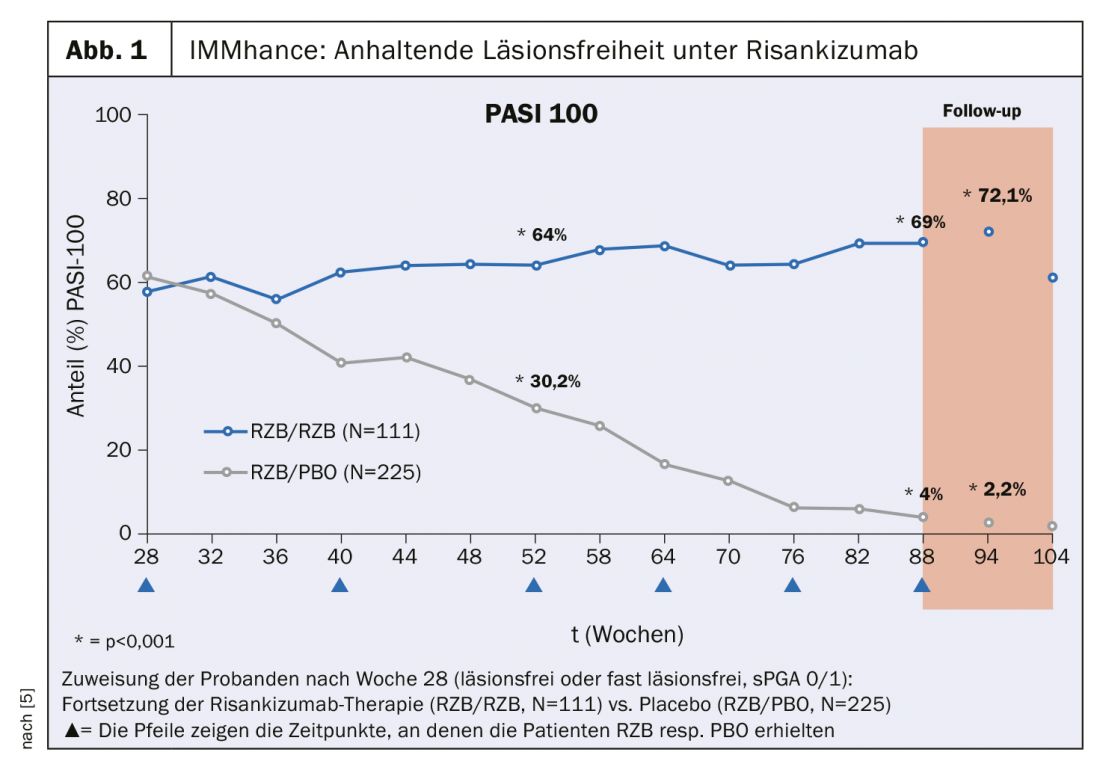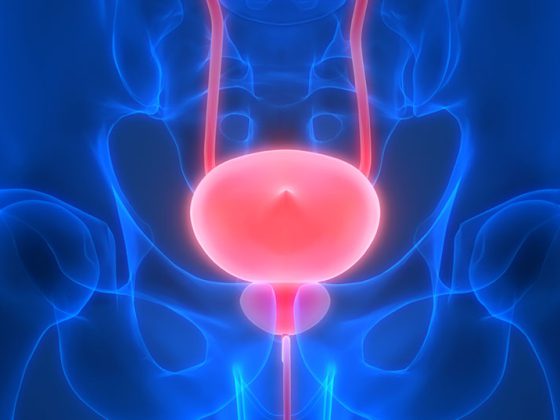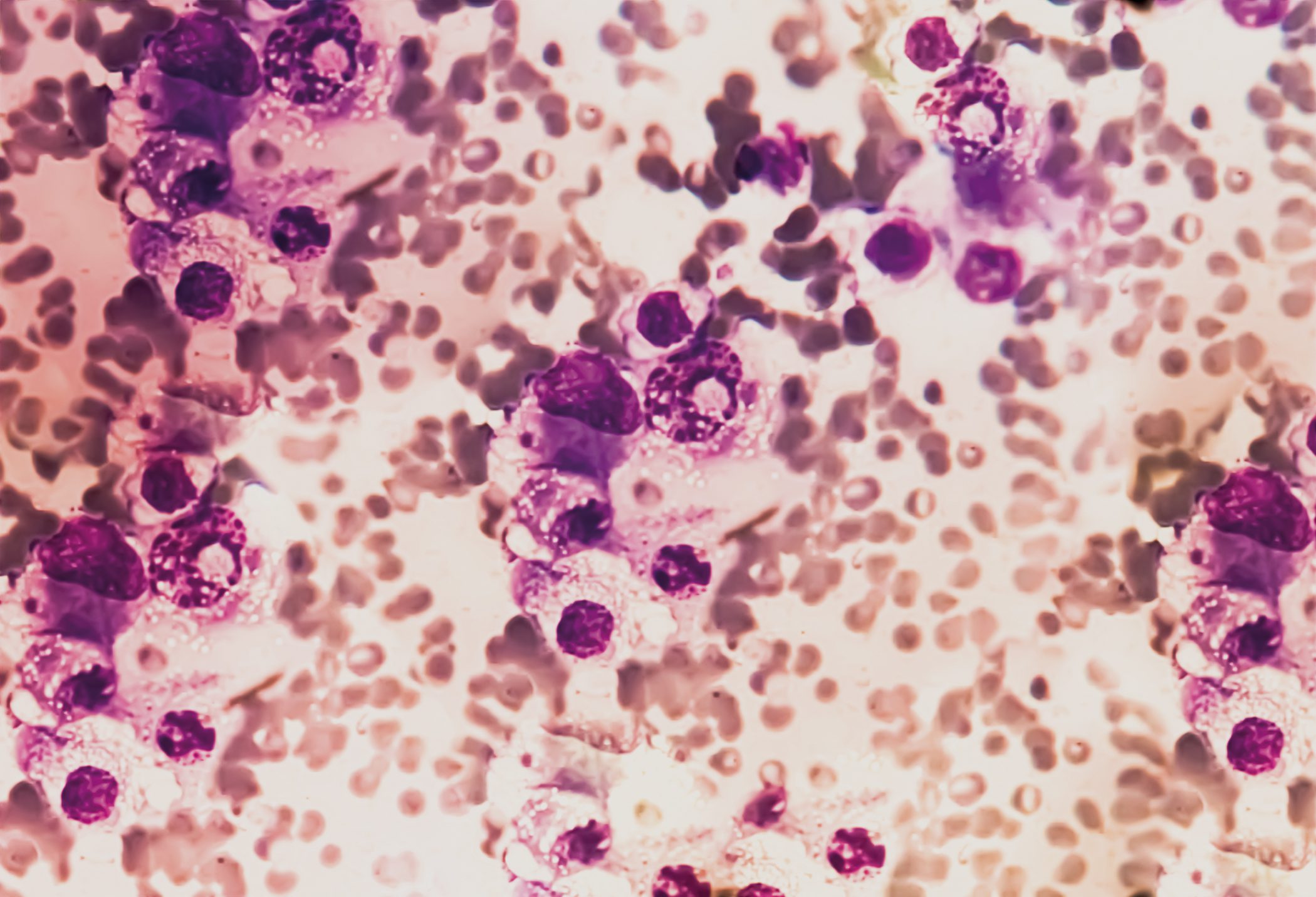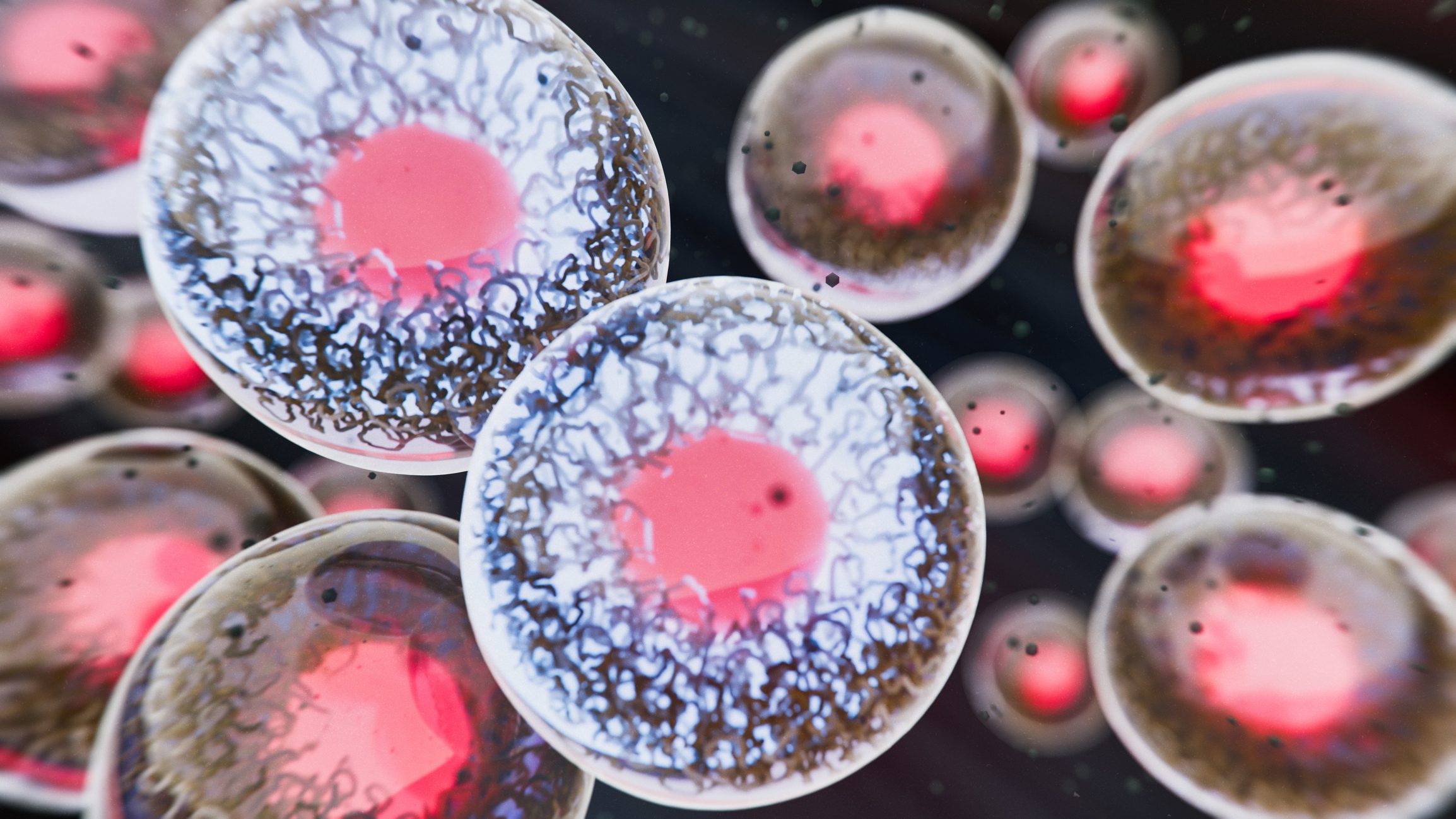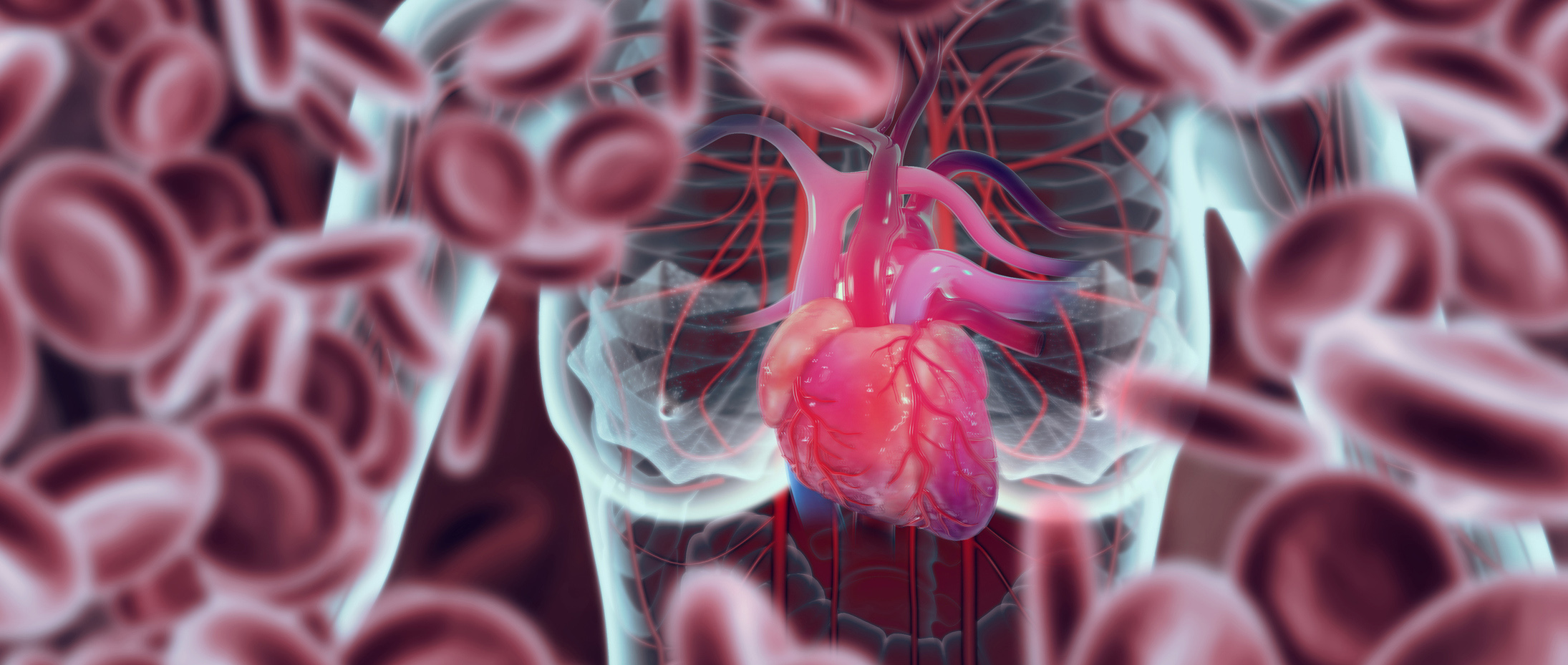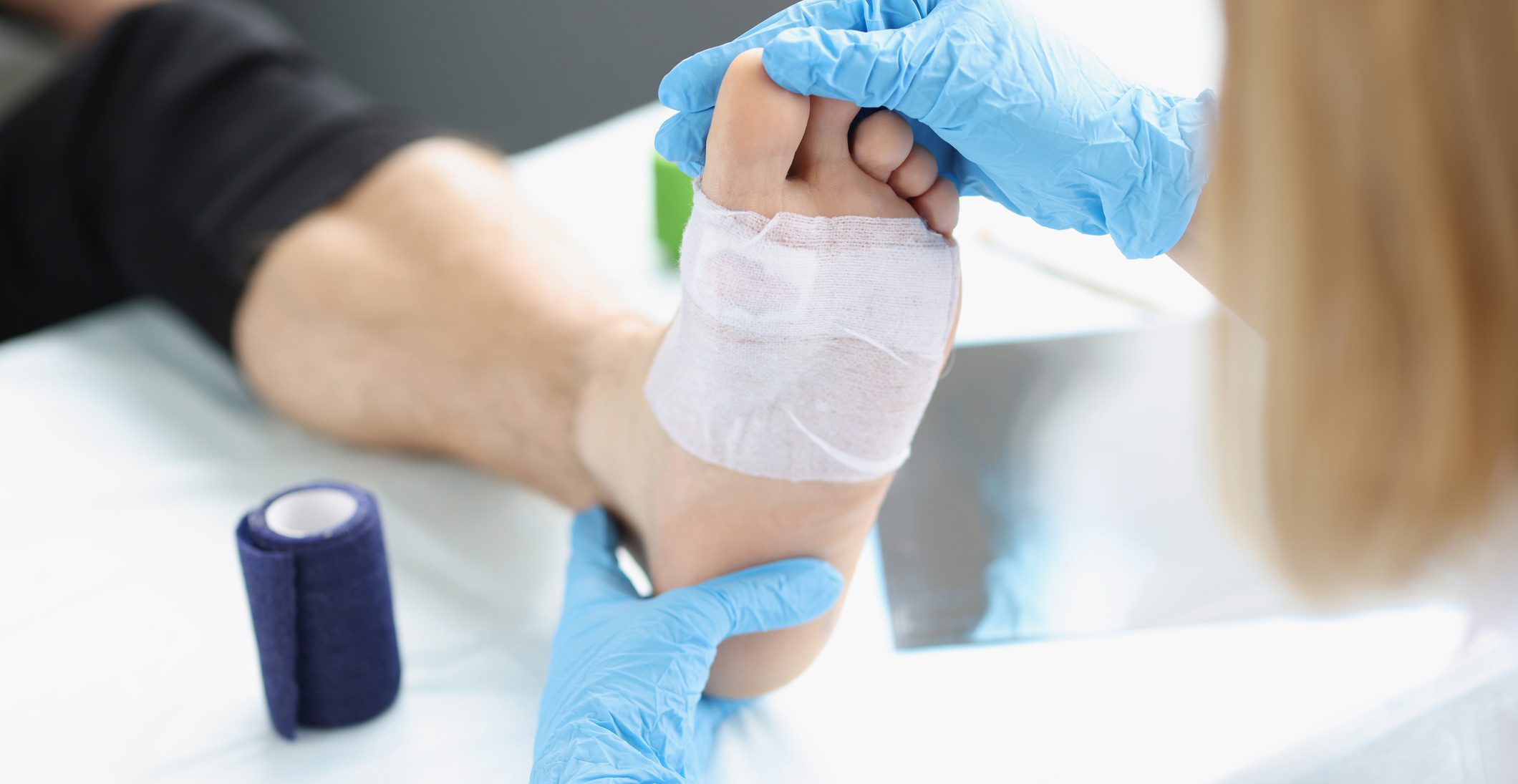Risankizumab has been approved in Switzerland since April 2019 for moderate to severe plaque psoriasis after unsuccessful therapy with conventional systemic treatment. The high and long-lasting efficacy with rapid response as well as good tolerability have been clinically confirmed. However, the cost differential to conventional system therapy is relatively high today.
Research into new biologics is helping to provide treatment alternatives in the event of a lack of response or loss of efficacy, explained Thomas Birchler, Medical Advisor, AbbVie AG [1]. That rapid improvement in skin symptoms and freedom from lesions are among the most important criteria for patients is shown by data published in 2019 by the Swiss Dermatology Network of Targeted Therapies (SDTT), which Julia-Tatjana Maul, MD, University Hospital Zurich, presented in her talk [2,9].
Long-term data: Positive conclusion
SKYRIZI™ (risankizumab), a humanized IgG1 antibody that inhibits IL23, has been approved for use in Switzerland since August 1, 2019 [3]. SKYRIZI™ is injected subcutaneously (150 mg; 2× 75 mg); at 4-week intervals after the first administration and at 12-week intervals thereafter. The high efficacy, practicability, and tolerability contribute to an improvement in quality of life, which is also an important therapeutic goal, according to Prof. Peter Häusermann, MD, University Hospital Basel [4]. Thanks to the rapid response rate – significant symptom relief within 4 to 8 weeks – the phase of psoriasis-related impairment of everyday life can be reduced. The expert emphasized that the efficacy of risankizumab does not diminish even with prolonged use. This is also supported by data from various phase III studies.
The IMMhance study investigated the long-term effects of interrupting risankizumab therapy in patients with moderate to severe plaque psoriasis. Those who achieved a lesion-free or near-lesion-free state at week 28 after treatment initiation (sPGA 0/1) were randomly assigned to the conditions continuation of risankizumab therapy (n=111) vs placebo (n=225). In the group of study participants who continued to receive risankizumab, 73% achieved complete or near-complete skin healing (Static Physician Global Assessment [sPGA] 0/1) and 72.1% PASI 100 at week 94 (Fig. 1) . In contrast, in the group switched to placebo, the PASI 100 response worsened from 61.3% to 2.2% [5]. In the UltIMMa-1 and UltIMMa-2 trials, according to an integrated analysis of both studies, 75.1% and 81.3% of risankizumab-treated patients (n=598) achieved PASI 90 after 16 and 52 weeks of treatment, respectively, significantly more than in the ustekinumab group, in which less than 50% of 199 subjects achieved PASI 90 at both time points [6,10].
Health economics controversy
SKYRIZI™ is indicated for the treatment of moderate to severe plaque psoriasis in adults who have had an inadequate response to other systemic therapies [7]. Specifically, at least one conventional systemic therapy (ciclosporin, methotrexate, acitretin, or UVB and PUVA) must have failed after 16 weeks of treatment [8]. There is no consensus on how many systemic therapy trials with nonbiologics should be tried beforehand. In general, however, a personalized therapy strategy is propagated. Whether to stop therapy when PASI 100 is reached and what is considered a criterion for switching to another biologic are evaluated differently. Prof. Häusermann’s vision is that in about five years this innovative substance class will be used routinely. By then, it may also be possible to narrow the price gap with conventional systemic therapeutics, which is currently a health economic dilemma for these highly effective drugs.
Literature:
- Birchler T: Risankizumab as a treatment option for psoriasis. Slide presentation. Thomas Birchler, AbbVie AG, Medical Advisor, Media Roundtable, Iaculis GmbH & AbbVie AG, Oct. 29, 2019, Zurich.
- Maul JT: Risankizumab as a treatment option for psoriasis. Slide presentation. Julia-Tatjana Maul, MD, Media Roundtable, Iaculis AG & AbbVie AG, Oct. 29, 2019, Zurich.
- Papp KA, et al: Risankizumab versus ustekinumab for moderate-to-severe plaque psoriasis. N Engl J Med 2017; 376 (16): 1551-1560.
- Häusermann P: Risankizumab as a treatment option for psoriasis. Slide presentation. Prof. Dr. med. Peter Häusermann, Media Roundtable, Iaculis AG & AbbVie AG, 29.10.2019, Zurich
- Blauvelt A, et al: Efficacy and Safety of Continuous Q12W Risankizumab Versus Treatment Withdrawal: 2-Year Double-Blinded Results from the Phase 3 IMMhance Trial; Poster 478, 24th WCD, Milan, Italy, June 10-15, 2019.
- Gordon KB, et al: Efficacy and safety of risankizumab in moderate-to-severe plaque psoriasis (UltIMMa-1 and UltIMMa-2): results from two double-blind, randomised, placebo-controlled and ustekinumab-controlled phase 3 trials. Lancet 2018; 392(10148): 650-661
- Swissmedic: SKYRIZI™ (risankizumab), as of February 2019 information www.swissmedicinfo.ch
- FOPH: Specialty List (SL), as of August 2019, www.spezialitaetenliste.ch.
- Maul JT, et al: Gender and age significantly determine patient needs and treatment goals in psoriasis – a lesson for practice. JEADV 2019, 33(4): 700-708.
- Lebwohl M, et al: Efficacy and Safety of Risankizumab in Moderate-to-Severe Plaque Psoriasis: An Integrated Analysis of UltIMMa-1 and UltIMMa-2. AAD Meeting, Washington DC, March 1-5, 2019.
DERMATOLOGIE PRAXIS 2019; 29(6): 26


